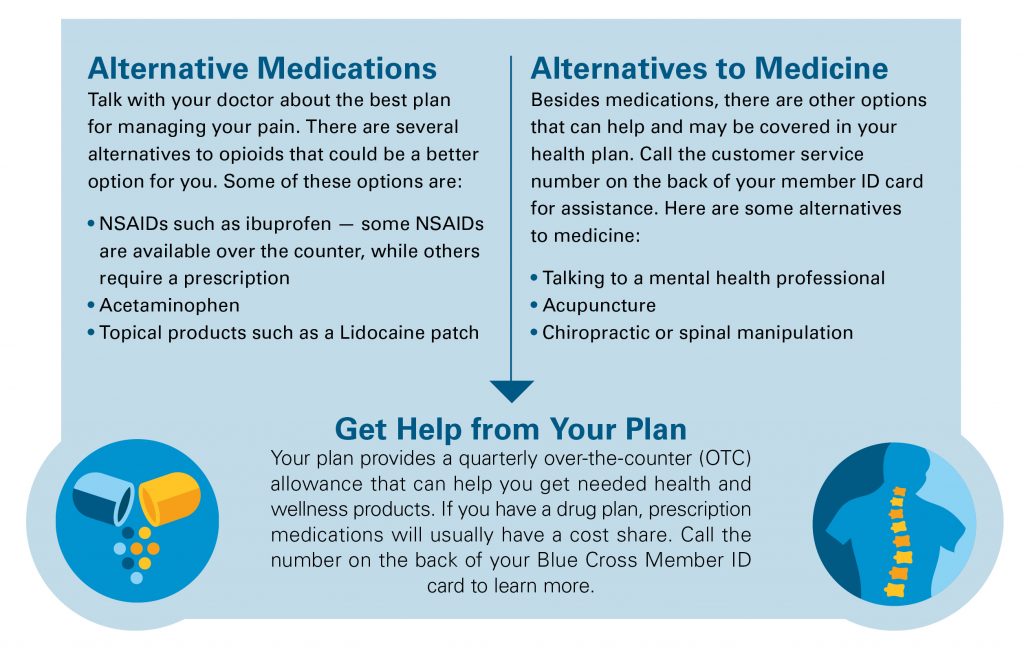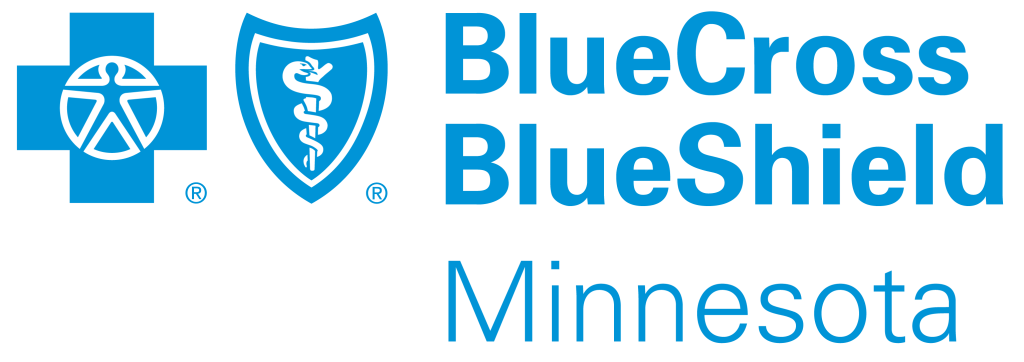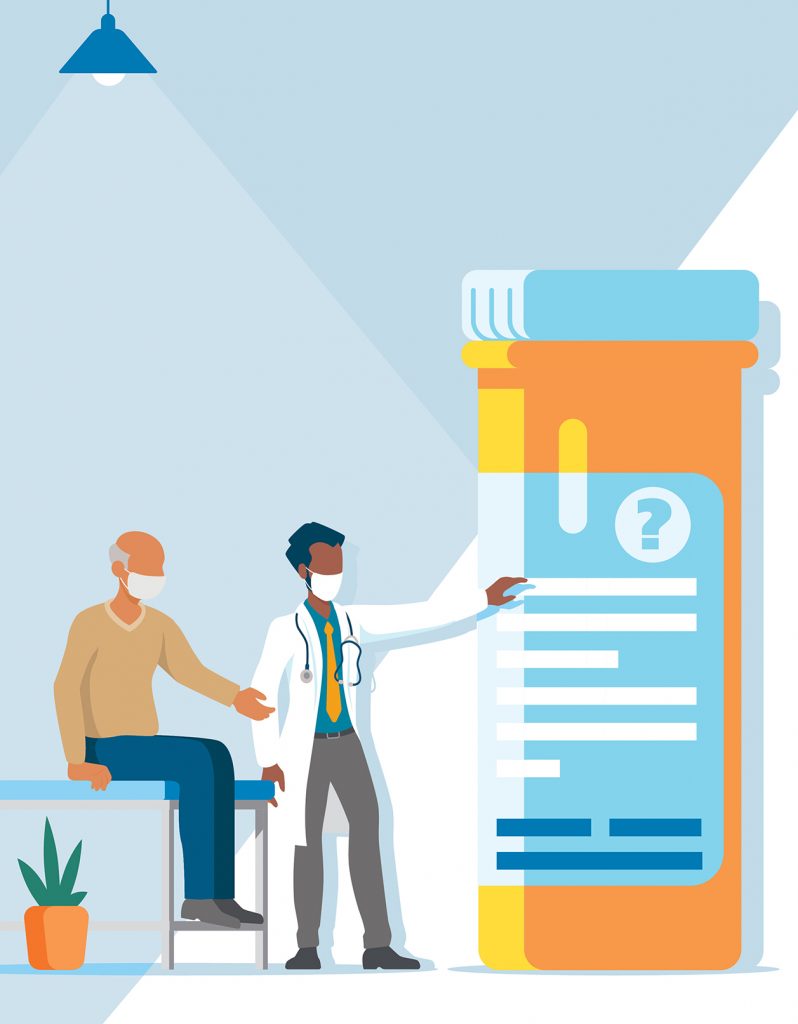Oxycodone. Morphine. Fentanyl. Do these prescription drugs sound familiar? You might have talked with your provider about using one of these if you’ve ever asked for advice about pain.
These medications are all part of the opioid family. Over the past several years, health care professionals have learned a great deal about the benefits and risks of taking these drugs. Let’s take a look at why opioids are prescribed and why your doctor might encourage alternatives.
What are opioids?
Opioids are a class of drugs that are frequently prescribed by doctors to help their patients manage pain. Often, these drugs are prescribed for short term use, such as to alleviate discomfort during the healing process after a surgery or procedure. They can also be prescribed on a long-term basis, most commonly as comfort measures to support cancer treatments. In the past, doctors have prescribed opioids to manage chronic pain. Today, however, the Mayo Clinic suggests that opioid alternatives should be explored first when treating ongoing pain unrelated to cancer treatments.
Opioid misuse and addiction
Opioids are very effective, but they are highly addictive and can be easily misused. Opioids work by causing a flood of endorphins in the body, which creates a feeling of happiness and reduces the amount of pain a person feels.
The body also develops a tolerance for opioids, so the same amount becomes less effective as time goes on. In other words, a higher dose is needed to achieve the same effect. This is often what causes opioid misuse, and it can lead to addiction. It also leads to more side effects, some life threatening.
Anyone, regardless of age, can get addicted to opioids, even when taking them as prescribed. The Centers for Disease Control and Prevention states that just three days of opioid use increases the likelihood of addiction. Because of this, your doctor will likely discuss opioid alternatives as a first option for pain management.
Just like any other medication, there are both benefits and risks of taking an opioid. Your doctor will know if an opioid is right for you.
Long-term effects of opioid use
If your doctor has determined that an opioid is the best course of action to control your pain, make sure you understand the plan for how long you will take the opioid and how you will wean off safely. Your doctor should also discuss with you these long-term effects of opioid use:
- Becoming physically dependent or addicted
- Irregular heartbeat
- Increased risk of heart attack
- Depression
- Constipation
- Severe abdominal pain
- Weak bones
- Building tolerance and the need to continue increasing your dose
- Increased risk of overdose
Alternatives to opioids
Opioids are effective and sometimes the best option; however, there are some excellent alternatives that you can explore. Many of these non-opioid choices are effective while carrying fewer risks. Your doctor can help you determine the best alternatives for you.

Opioid treatment program
Members who have an opioid use disorder are able to get help through an Opioid Treatment Program. This program may include the use of FDA approved medications that help break the addiction to opioids, substance abuse counseling, individual and group therapy, ongoing toxicology testing and periodic assessments. Call the customer service number on the back of your Blue Cross member ID card to get more information.
Talk with your doctor
If you are feeling frequent pain, talk with your doctor, and ask questions about a treatment plan. Your provider will determine if opioids are the most appropriate choice for you. If they are, make sure that you are on the same page about dosage and expected time frame for using the medication. Follow up with questions about possible opioid alternatives. Pain is common, but fortunately there are several options to help you take charge and prevail over pain. Reference the previous article for more tips for overcoming chronic pain.


